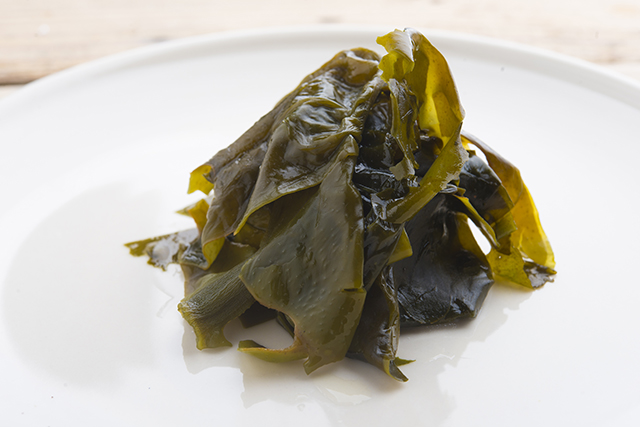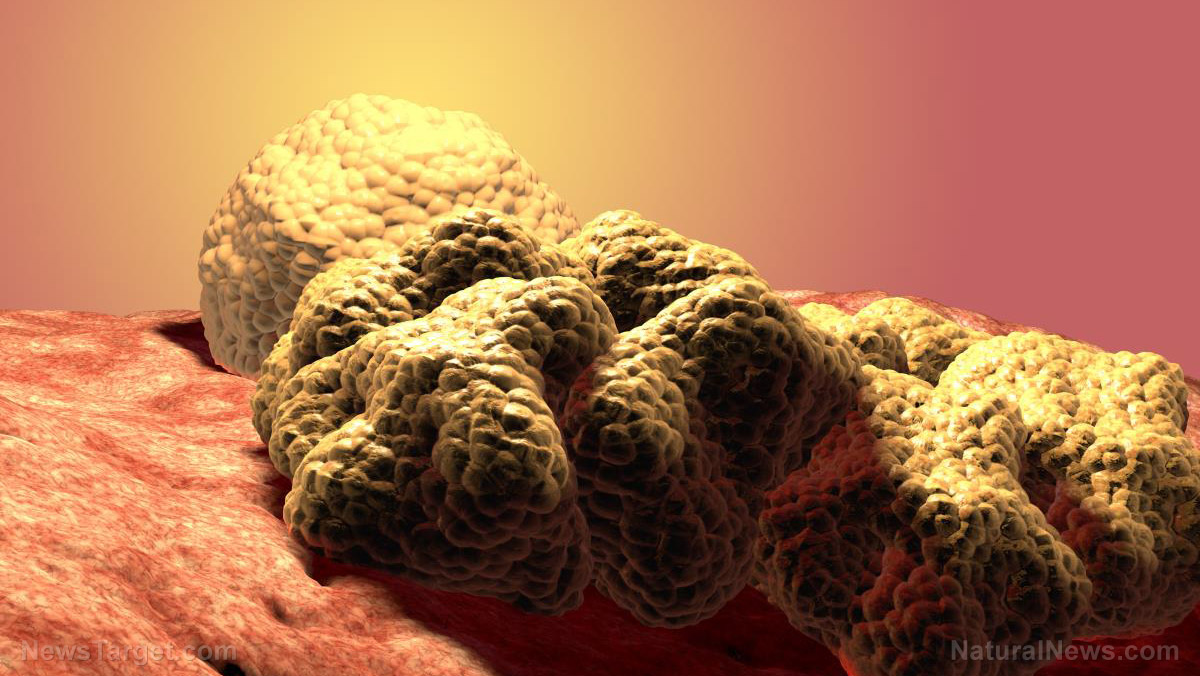
An April 2020 study published in Marine Drugs elaborated on this compound called fucoidan, which wakame is a well-known source of. Aside from wakame, the study mentioned that other marine invertebrates such as the Japanese sea cucumber (Apostichopus japonicus) and the tubular sea cucumber (Holothuria tubulosa) are also sources of fucoidan.
The study authors from three universities in Chile found that fucoidan prevents metastasis – the spread of cancer cells from a tumor site to other parts of the body – by binding to the receptors outside of these cells. With fucoidan binding to the cancer cell receptors, their possibility of breaking away from the primary tumor and settling in a different part of the body decreases.
They also found that fucoidan from wakame inhibit hypoxia – blood oxygen levels that are lower than normal – in the area surrounding a tumor. Insufficient blood oxygen levels can promote the spread of cancer cells in the body.
Moreover, the researchers also noted how fucoidan prevented cancer cells from becoming resistant to certain drugs and even boosted the effects of certain anti-cancer medications, citing two examples.
First, fucoidan from U. pinnatifida improved the effect of the anti-cancer drug tamoxifen against mouse models of breast cancer. Second, the compound from brown wakame was able to inhibit the growth of tumors caused by melanoma (a kind of skin cancer) by 85 percent when combined with the anti-melanoma drug lapatinib. Using lapatinib alone inhibited melanoma tumor growth by 60 percent, the study authors pointed out.
"The molecular characteristics of fucoidans … enable chemical or enzymatic modifications, which make them good candidates for therapeutic use, or … as adjuvants to increase the therapeutic efficiency of known chemotherapeutics," the study authors concluded. "Studies have demonstrated their potential to improve the efficiency of drug delivery into the tumor and/or to achieve a synergistic effect with other cancer drugs."
Another compound in wakame shown to fight obesity
Including wakame as part of the daily diet not only gives people the positive effects of fucoidan. Another study, this time from 2005, expounded on the role of fucoxanthin – another compund in U. pinnatifida – in helping address obesity. (Related: Wakame: an iodine-rich seaweed with impressive fat burning properties.)
The July 2005 study published in Biochemical and Biophysical Research Communications expounded on a trial by Japanese researchers. They divided several rats into four groups, feeding prepared wakame powder to one group and different diets to the remaining three. Throughout the experimental period of four weeks, "no significant differences" were observed in the three control groups.
The group of mice fed with prepared wakame powder that contained fucoxanthin saw a significant decrease in white adipose tissue (WAT). Also called white fat, WAT often accumulates in the abdomen. The other three groups did not report any reduction in their white fat levels.
Aside from WAT levels, the Japanese study authors found mice fed with U. pinnatifida had higher levels of uncoupling protein 1 (UCP1). Also called thermogenin, UCP1 plays a key role in the body's natural production of heat that burns off fat. However, UCP1 is usually expressed only in brown adipose tissue or brown fat – which adult humans have little amounts of.
"Clear signals of UCP1 protein and mRNA were detected" in the abdominal fat of the mice given wakame powder, the researchers wrote. "This result indicates that fucoxanthin up-regulates the expression of UCP1 in WAT, which may contribute to reducing WAT weight."
Head over to Superfood.news for more stories about superfoods that fight cancer and obesity.
Watch this video about heavy metals testing on different kinds of seaweeds, including wakame.
This video is from the Natural News channel on Brighteon.com.
More related stories:
A compound in brown seaweed helps manage symptoms of diabetes – study.
Seaweed found to accelerate excretion of dioxins from the body: STUDY.
Sources include:
Please contact us for more information.























